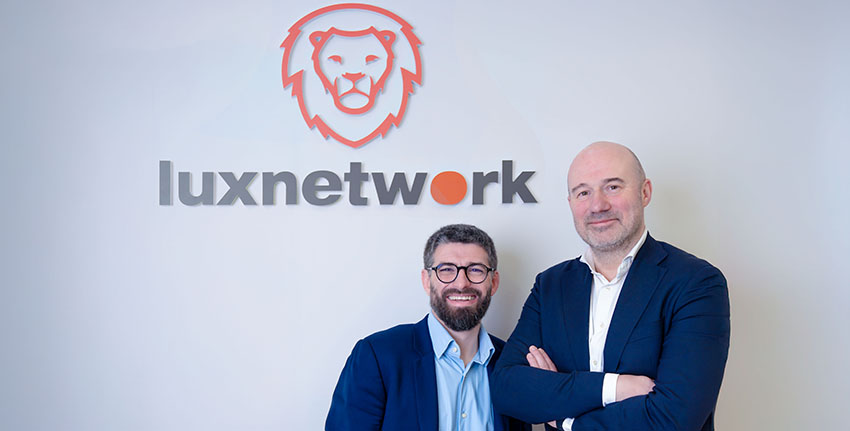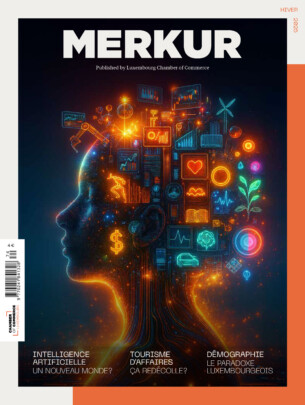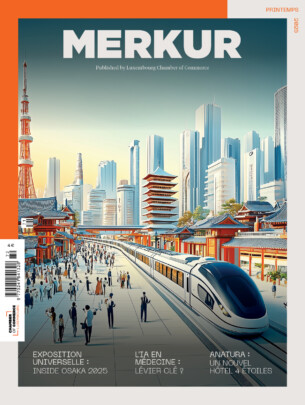
Benjamin Gauthier, Partner and Regulatory, Risk and Compliance Leader at PwC Luxembourg
In its latest report, PwC Luxembourg warns that traditional risk models are falling short and calls for greater use of reverse stress testing to tackle systemic global threats.
The report, Managing Systemic Risks in the 21st Century, identifies five major ‘megathreats’ — climate change, technological disruption, geopolitical instability, demographic shifts, and sovereign debt crises — that pose growing risks to financial stability. These are explored through six high-impact scenarios, including the drying of the Panama Canal, a coordinated BRICS sovereign debt cancellation, and a bursting of the AI investment bubble.
The report argues that the continued reliance on traditional risk models is problematic, as they can fail to account for the ripple effects of global disruptions increasingly prevalent today. Instead, PwC advocates the use of reverse stress testing, a method whereby financial institutions first define what could be a catastrophic outcome for them and then work backwards to identify what factors could plausibly lead to the occurrence of such an outcome.
The report calls for a more agile and holistic risk strategy, combining data-driven analysis with qualitative insight. It urges risk managers to integrate ESG risks into core frameworks, use scenario planning to build geopolitical and economic resilience, and strike a better balance between embracing technology and managing cyber and compliance threats. Crucially, PwC calls for annual megathreat reviews at board level to ensure firms stay ahead of accelerating global risks.
Benjamin Gauthier, Partner and Regulatory, Risk and Compliance Leader at PwC Luxembourg, said: “We are publishing this report to encourage financial institutions to engage in deep reflections and rethink how they prepare for increasingly complex and systemic risks. The scale and speed of today’s threats demand more than traditional risk models. Firms need to challenge assumptions, act before crises strike, and build resilience through forward-looking, practical strategies and reverse stress-testing. Preparing for uncertainty must now be a core part of doing business, not a reaction after the fact.”






